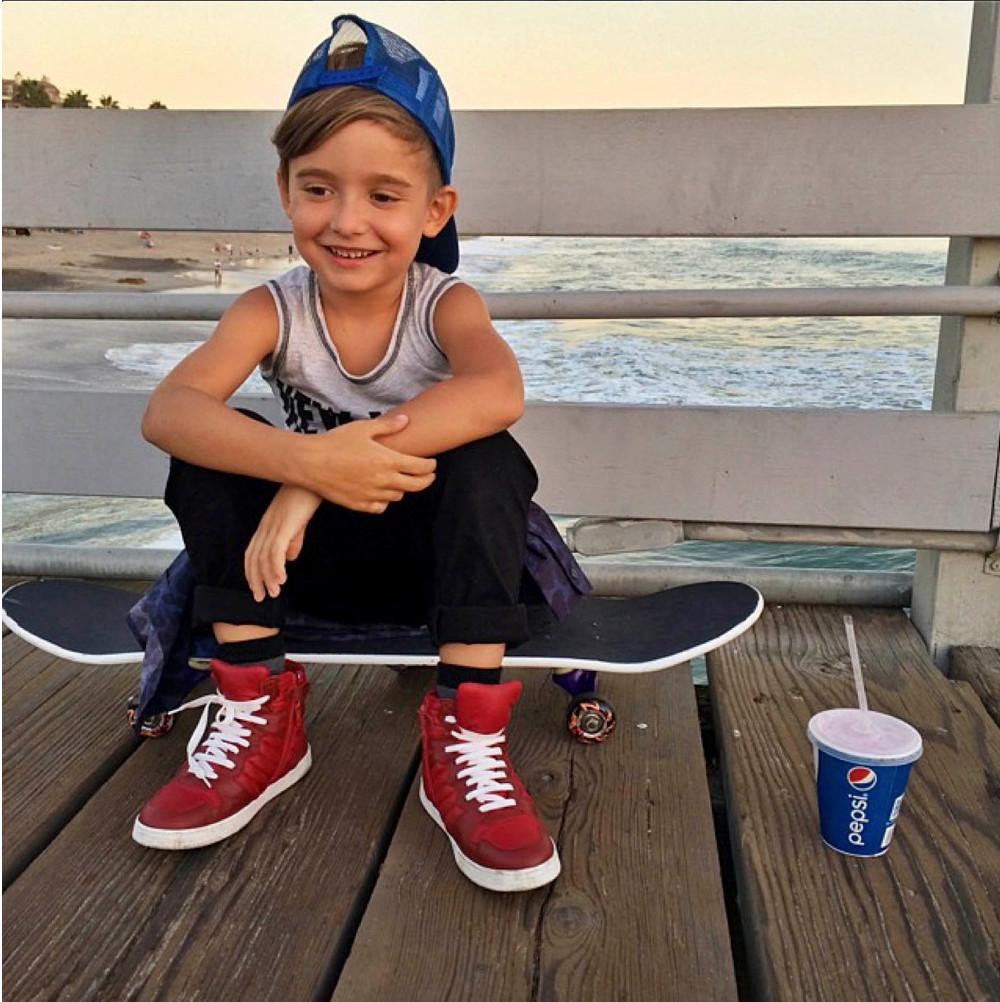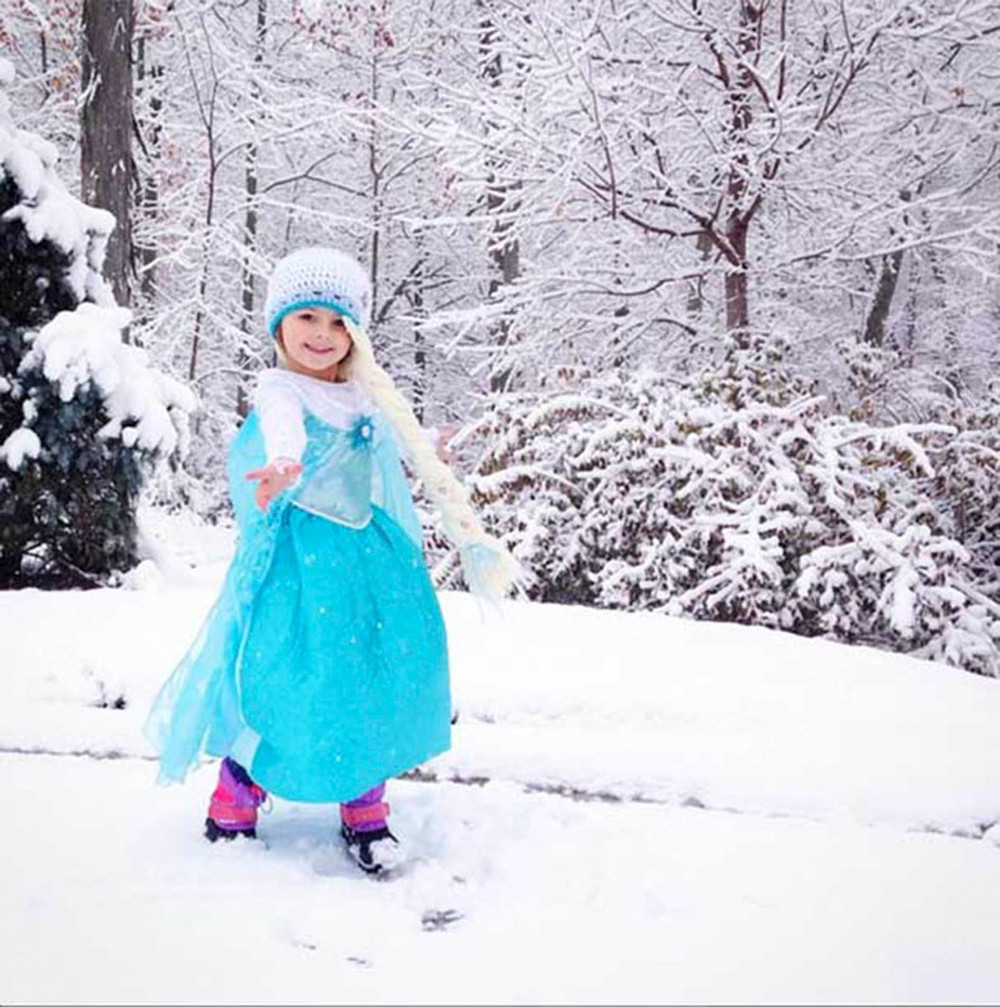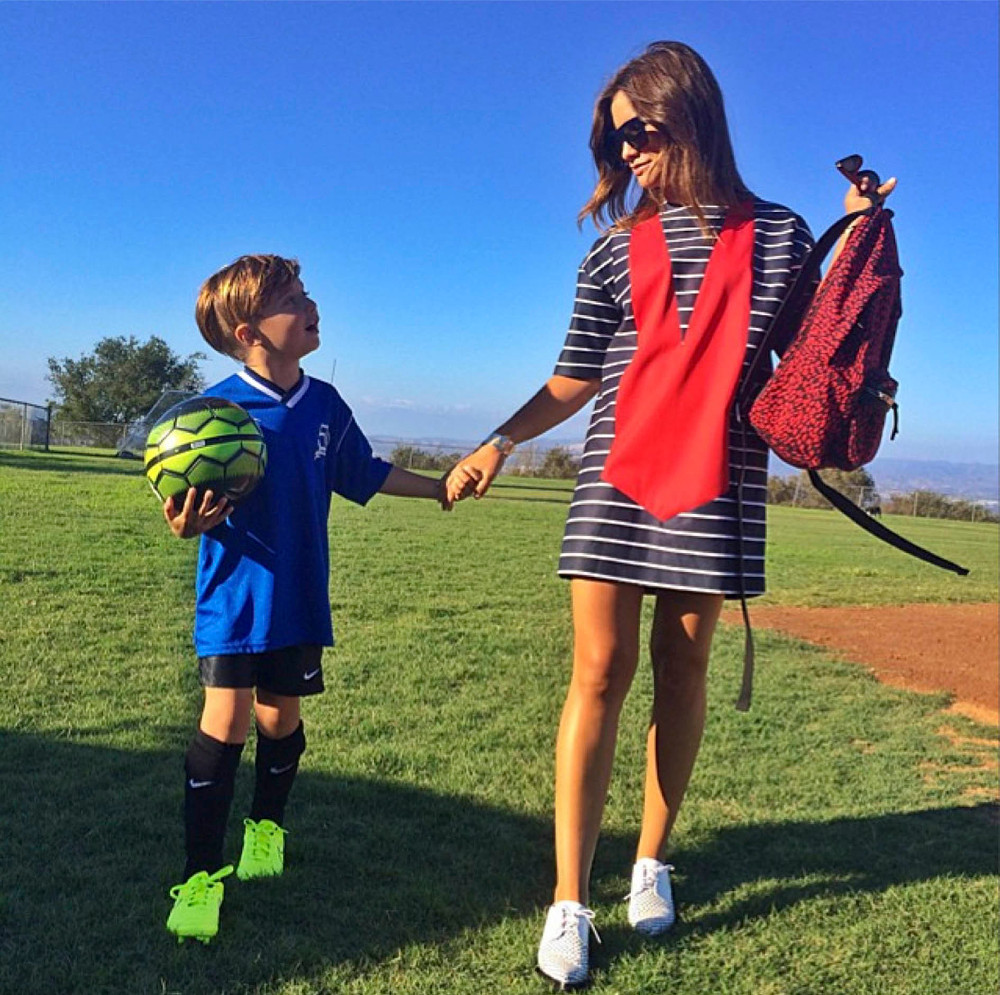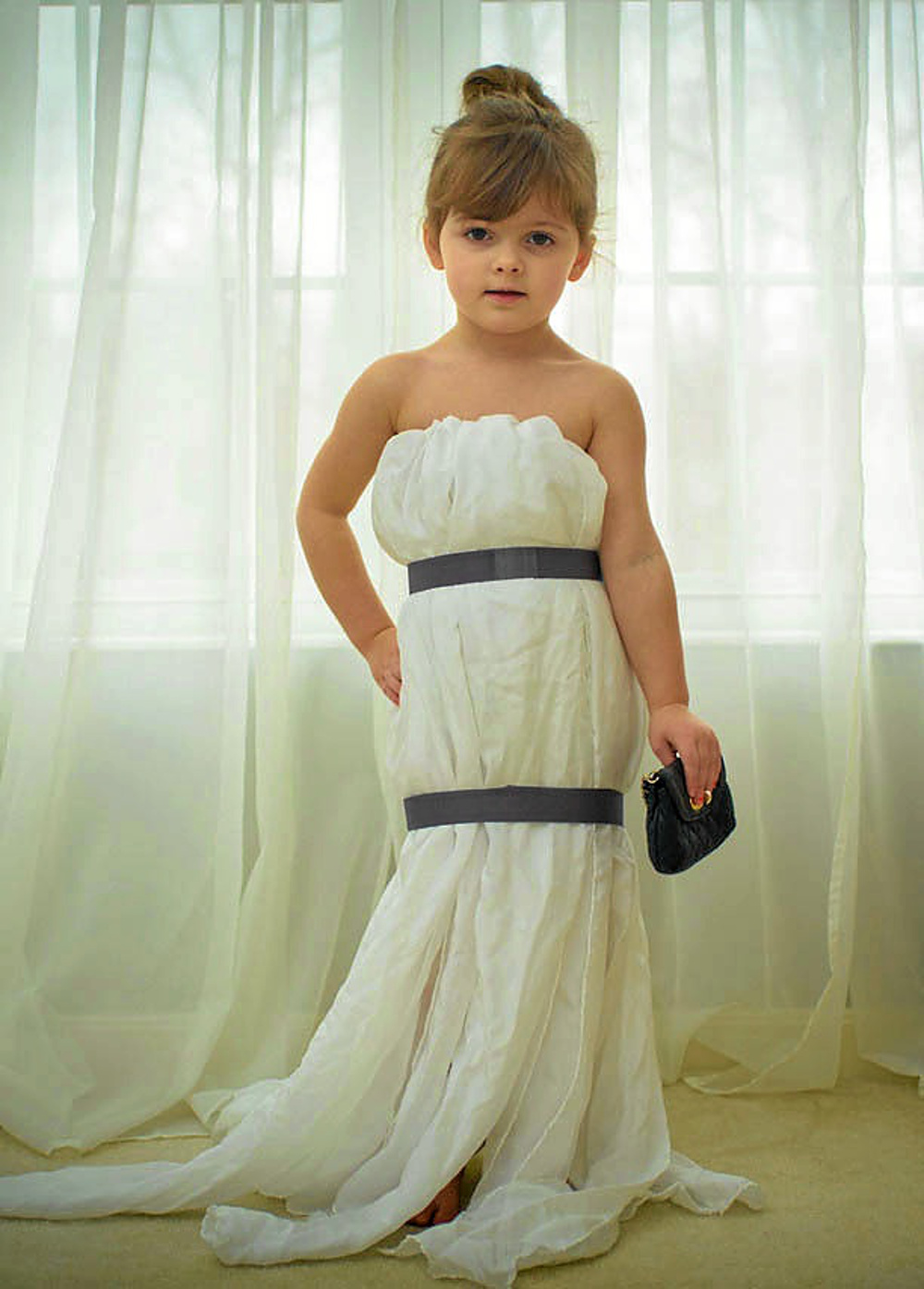Dreadlocked twins 'M and D' have more than 66 000 Instagram followers.
Jovana Sumar, a South African online marketer, has only caved twice. She just had to post those two images of her newborn.
The temptation to share pictures of her baby with friends and family is always there. But knowing just how much information can be gleaned from social media, even when a user’s privacy settings are supposedly watertight, has made Sumar wary.
“I know the legal terms for Facebook as a marketer and that stuff is hellishly scary,” she says.

Alonso Mateo, a five-year-old fashionista, has more than 5 000 Instagram followers.
Her primary concern? You – and by that she means all of us – have no control of pictures once they go up on social media.
“Most people don’t know that when you post on Facebook or Facebook messenger you are giving them transferable, royalty-free, worldwide license to use your content as they see fit.”
And the internet, she warns, is forever.
Facial recognition
The rapid development of technologies, such as facial recognition software combined with corporate data mining, means that privacy for our children, whose images are sometimes posted dozens of times before they can even walk, will be a thing of a distant past by the time those gurgling babies reach their teens.

‘Mayhem’ makes dresses for herself out of paper and her mother posts her photos online.
Putting those gargantuan future privacy issues aside, the selfie generation’s children are being affected psychologically as well. Johannesburg-based psychologist Claire Jaynes, who regularly works with adolescents and children, says she has seen the benefits of selfies for young adolescents’ self-esteem. But the effects vary from one person to the next.
“Relatively well-adjusted people will probably have a healthy relationship with selfies and social media, while people who are prone to psychological problems, like developing personality disorders or body dysmorphic disorders, are more likely to develop a problematic relationship,” says Jaynes.

Alonso Mateo’s mother, Luisa, is a fashion designer who styles her son for his shoots.
But what about children who are too young to consent to having their pouting faces posted online?
Take Alonso Mateo, a five-year-old fashionista with more than 5 000 Instagram followers. His mother, Luisa Mateo, is a fashion designer who styles her son for his shoots.
Child stars
She told an interviewer recently that what started as a mother wanting to dress her child in cute outfits has become her child’s love, too. Now he asks for suits and ties when the pair goes shopping, she told the Latino Post. But she dismissed criticism about her son’s online life.
“We’re fine raising our son,” she told the publication. “He’s always polite, he’s grounded and he’s a sweet boy.”
But Mateo isn’t the only child social media star. A pair of twins, named “M and D” on Instagram, have more than 66 000 followers. The dreadlocked pair never step in front of the smartphone without sunglasses.

Four-year-old ‘Mayhem’ has her own blog and Instagram account.
Another mother, Angie Keiser, runs her four-year-old’s blog and Instagram account, which has 43 000 followers. “Mayhem” makes her own dresses out of paper and Keiser posts photos of her daughter.
She makes no secret of the fact that her child’s fashion designs and online fame are a commercial enterprise. Both parents are photographers.
“Personally, we’d like to make truckloads of cash from this blog. To offset our paper and tape expenses,” says Keiser.
Extreme cases
These may be extreme cases, but mothers posting images of young children is de rigueur in the social networking age.
A 2014 study out of the United States that looked at social networking use by mothers found that, of those who used Facebook, 97% said they posted photos of their child.
With all this posting going on, Jaynes says it is important for children to have an understanding of themselves that goes beyond styled-up selfies.
“If they have realistic reflections of themselves, they should be able to then move on to being interested in others, developing empathy and having meaningful interpersonal relationships.
“Mirroring by an attuned loving caregiver allows for the development of empathy; seeing yourself reflected in a selfie does not.”
Sarah Evans is a reporter for the Mail & Guardian.